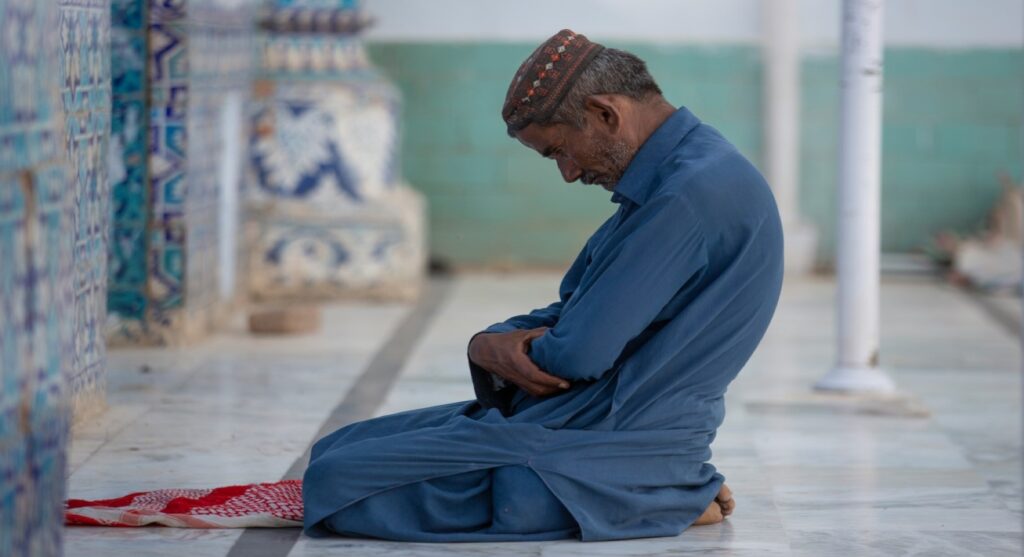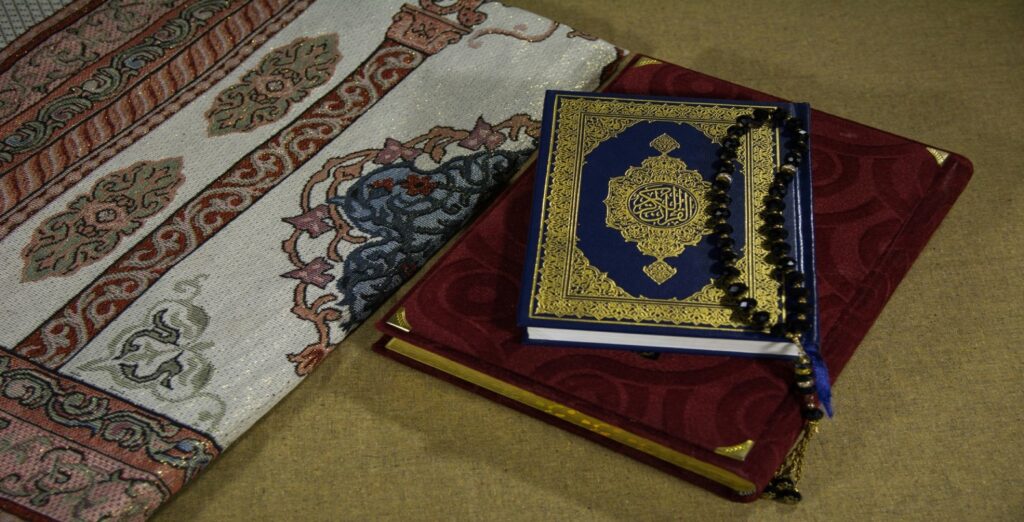Muslims and non-Muslims alike recognize Ramadan as the most significant and holy time of the Islamic calendar. During the ninth month of the lunar year, Muslims around the world abstain from eating and drinking between sunrise and sunset, dedicating their free time to reciting the Qur’an and deepening their connection with Allah (SWT). While this is widely acknowledged within the Islamic community and beyond, few explore the profound history behind this auspicious month.
To truly grasp the significance of Ramadan, we must journey back to its roots, to the dawn of Islam in 610 A.D. This pivotal year marked the beginning of a transformative period when an Arabian man named Muhammad (PBUH) retreated to the cave of Hira near Mecca for meditation. It was during one such contemplative session that Muhammad (PBUH) received a visitation from the angel Jibril, who revealed the initial verses of what would become the Qur’an. These divine words, conveyed directly from Allah (SWT), affirmed the monotheistic faith in a singular, all-knowing God amidst a polytheistic Arabian landscape.
The night of this revelation, known as Laylat al-Qadr or the Night of Power, holds profound significance for Muslims. While some believe it occurred specifically on the 27th night of the lunar year, others contend it transpired on any of the odd nights within the final 10 days of the month. Regardless of the exact date, this celestial encounter marked the inception of Islam and set the stage for the revelations that would follow.
Over the following 23 years, Prophet Muhammad (PBUH) received ongoing divine revelations, gradually revealing the teachings of Islam. At the heart of these revelations were the Five Pillars of Islam, foundational principles that form the cornerstone of Muslim faith and practice.

The first pillar, Shahada, emphasizes the declaration of faith in the one true God, Allah (SWT). Salat, the second pillar, underscores the importance of daily prayer to reinforce the bond between believers and their Creator. Zakat, the third pillar, mandates charitable giving to support the less fortunate and foster societal welfare.
Sawm, the fourth pillar, constitutes the foundation of Ramadan observance, requiring fasting as a demonstration of self-discipline, compassion, and gratitude. Finally, Hajj, the fifth pillar, summons able-bodied Muslims to embark on a pilgrimage to Mecca, the holiest site in Islam, symbolizing unity and spiritual fulfillment.
The origins of Ramadan as a month of fasting can be traced back to around 622 A.D., during the latter years of Muhammad’s (PBUH) prophethood, while he and his followers resided in Medina. The scorching heat of the Arabian climate during this time of year influenced the name of Ramadan, which means “burning heat.” This period also coincides with Laylat al-Qadr, further enhancing its spiritual significance.
The observance of Ramadan is not merely a ritualistic practice but a transformative journey of self-discovery and spiritual growth. Fasting during Ramadan serves as a catalyst for self-control, purification, and empathy towards those less fortunate. Beyond abstaining from food and drink, Muslims are called to refrain from impure thoughts and actions, striving for moral and ethical excellence.
While fasting is obligatory for most Muslims, exceptions are made for individuals who are unable to fast due to age, illness, pregnancy, or travel. Additionally, the month of Ramadan is marked by acts of charity, communal prayers, and familial gatherings to break the fast, fostering a sense of unity and compassion within the Muslim community.
Central to Ramadan customs is the tradition of breaking the fast with dates, a practice attributed to Prophet Muhammad (PBUH). While not obligatory, this symbolic gesture honours the Prophet’s (PBUH) example and underscores the continuity of tradition across generations.

As Ramadan unfolds each year, Muslims worldwide embark on a spiritual journey steeped in tradition, reflection, and devotion. Beyond its religious significance, Ramadan serves as a reminder of the universal values of compassion, selflessness, and gratitude, resonating with people of all faiths and backgrounds. In observing Ramadan, Muslims reaffirm their commitment to faith, community, and service, embodying the timeless teachings of Islam in a modern world.
Sources
- https://www.nationalgeographic.com/culture/article/ramadan#:~:text=Muslims%20believe%20that%20in%20A.D.,the%20revelation%20of%20the%20Quran.
- https://www.muslimaid.org/media-centre/blog/the-history-of-ramadan/
- https://www.historyextra.com/period/ancient-history/ramadan-history-islam-muslim-month-fasting-when-begin-moon-fast-what/
- https://en.wikipedia.org/wiki/Ramadan




